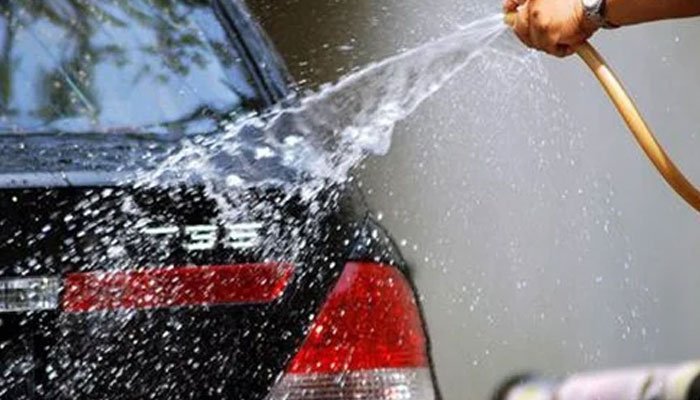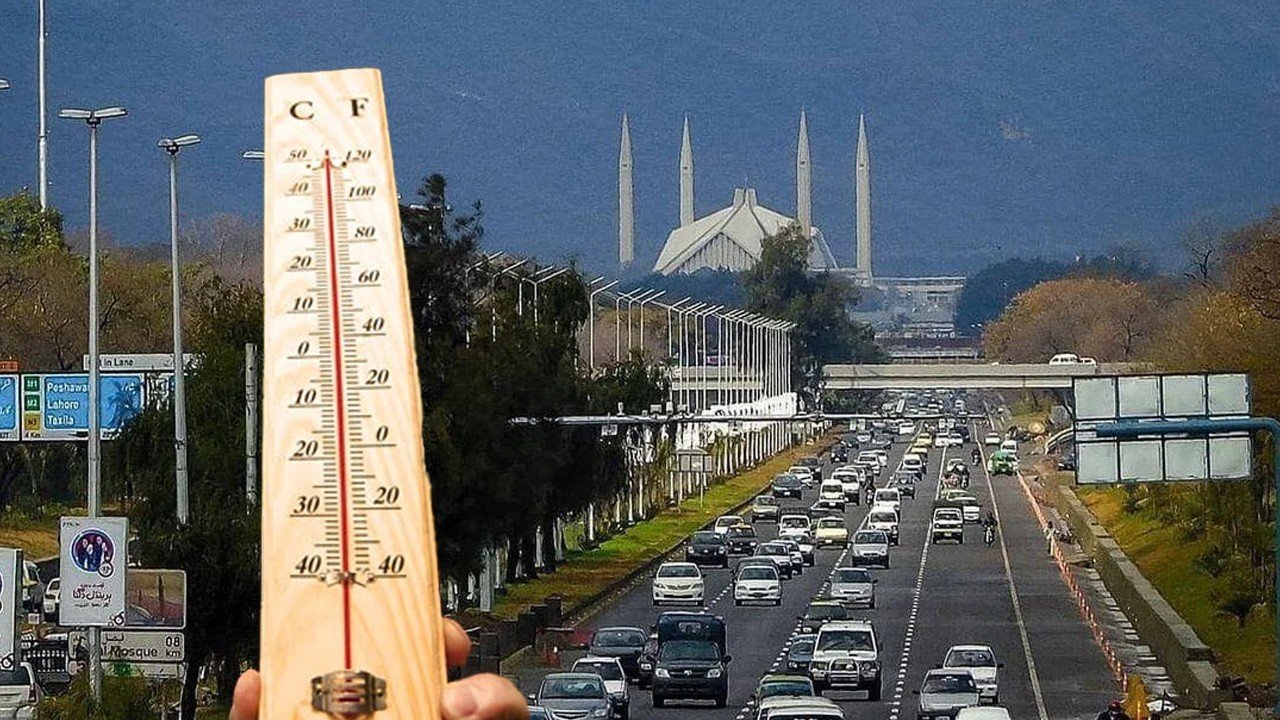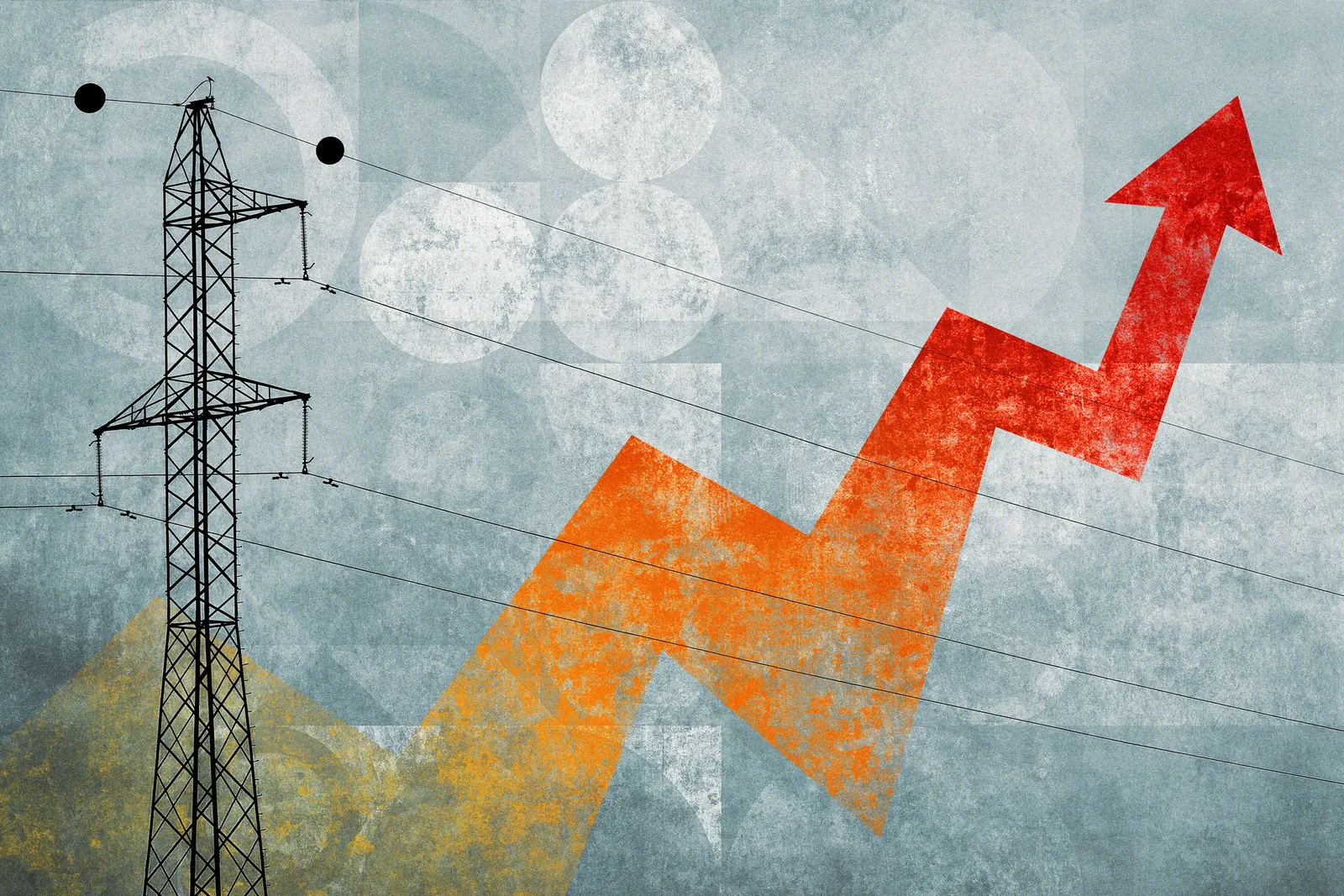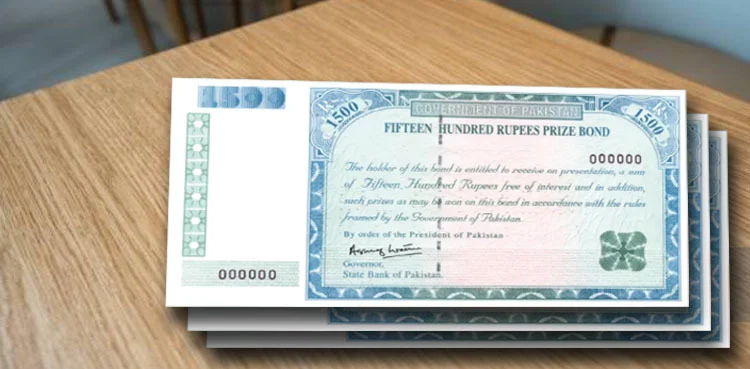WASA’s efforts aim to ensure that water is used efficiently and create awareness about the importance of water conservation
Rs20,000 fine imposed for using household water to wash cars and floors. In the latest attempt to tackle the growing problem of water wastage, the Water and Sanitation Agency (WASA) has announced hefty fines for domestic and commercial consumers who use domestic water to wash cars and floors.
A notification issued by the water agency said that those found wasting water in such activities will be fined Rs 20,000. Domestic consumers who are first-time violators will face a fine of Rs 10,000 while commercial consumers will be fined Rs 20,000. A second violation will result in water supply being disconnected.
The decision was taken following a court order that called for a comprehensive strategy to curb water misuse. The court stressed the need for urgent action to protect and conserve water resources amid growing concerns of water scarcity.
The initiative comes at a time when wastage of water for unnecessary purposes, such as washing cars and cleaning large paved areas, has become a major problem, especially in urban centers.
The increasing demand for water coupled with water scarcity in many parts of Pakistan has forced local authorities, including WASA, to take action to reduce excessive water consumption.
WASA’s efforts aim to ensure that water is used efficiently and create awareness about the importance of water conservation, especially as the country grapples with increasing challenges related to water availability.
The Asian Development Bank (ADB) has warned that Pakistan’s rapidly growing urban population, increasing at a rate of 3.65 percent annually, could lead to severe water shortages by 2040.
With the population expected to exceed 400 million by 2050, the country faces worsening scarcity of basic amenities, declining living standards, and challenges like illegal construction and building code violations.
The ADB also highlighted economic difficulties, including diminishing foreign exchange reserves, inflation, and the impacts of past floods. Pakistan is projected to rank 23rd globally for severe water shortages, with 43 percent of the urban population already lacking access to water. The report calls for urgent urbanization plans and enhanced municipal services.





